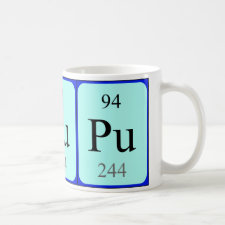
Authors: Kobayashi T, Reddy PS, Ohta M, Abe M, Fujii N
Article Title: Molecularly imprinted polysulfone membranes having acceptor sites for donor dibenzofuran as novel membrane adsorbents: Charge transfer interaction as recognition origin.
Publication date: 2002
Journal: Chemistry of Materials
Volume: 14
Issue: (6)
Page numbers: 2499-2505.
DOI: 10.1021/cm0109692
Abstract: Novel molecularly imprinted membranes having dibenzofuran (DBF) recognition were developed and binding properties of DBF were studied using the polysulfone membrane prepared by phase inversion imprinting. Polysulfone (PSf) having a phenyl-sulfone group and DBF template was solublized in dimethyl acetamide (DMAc) and the polymer solution was coagulated in water to prepare porous membranes. After template molecules were extracted from the membranes by washing with methanol, recognition experiments with DBF-imprinted membranes were carried out in methanol solution, water/methanol solution, and water solution for DBF and DBF analogues, dibenzodioxin (DBD), diphenyl ether (DPE), and benzodioxin (BDO). In water, high binding amounts of DBF and DBD were observed in the range of 28-39 mumol/g capacity, but the recognition was very low. Methanol/water media showed high recognition of the imprinted membrane with a low binding capacity of DBF (4.5 mumol/g). These results indicated that nonselective binding occurred in the water media due to a hydrophobic effect. Evidence revealed that membrane recognition in methanol and methanol/water was effective for DBF because of charge transfer (CT) complexation between the donor DBF and acceptor phenyl-sulfone group of PSf. This kind of interaction was very useful for high retention and recognition of DBF as an efficient membrane adsorbent via donor-aceptor CT interaction



Join the Society for Molecular Imprinting

New items RSS feed
Sign-up for e-mail updates:
Choose between receiving an occasional newsletter or more frequent e-mail alerts.
Click here to go to the sign-up page.
Is your name elemental or peptidic? Enter your name and find out by clicking either of the buttons below!
Other products you may like:
 MIPdatabase
MIPdatabase









